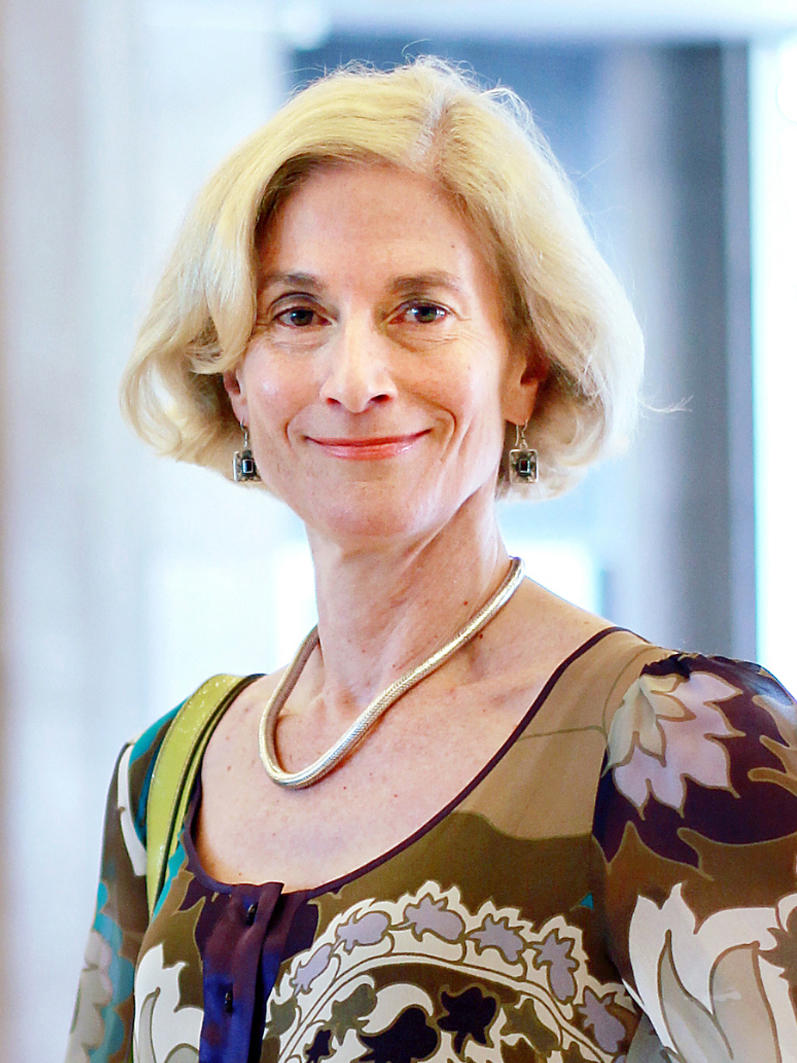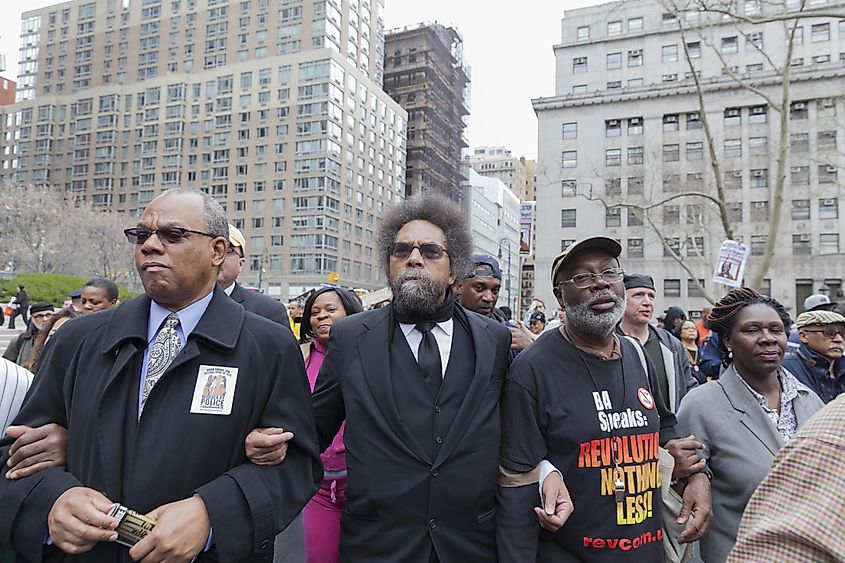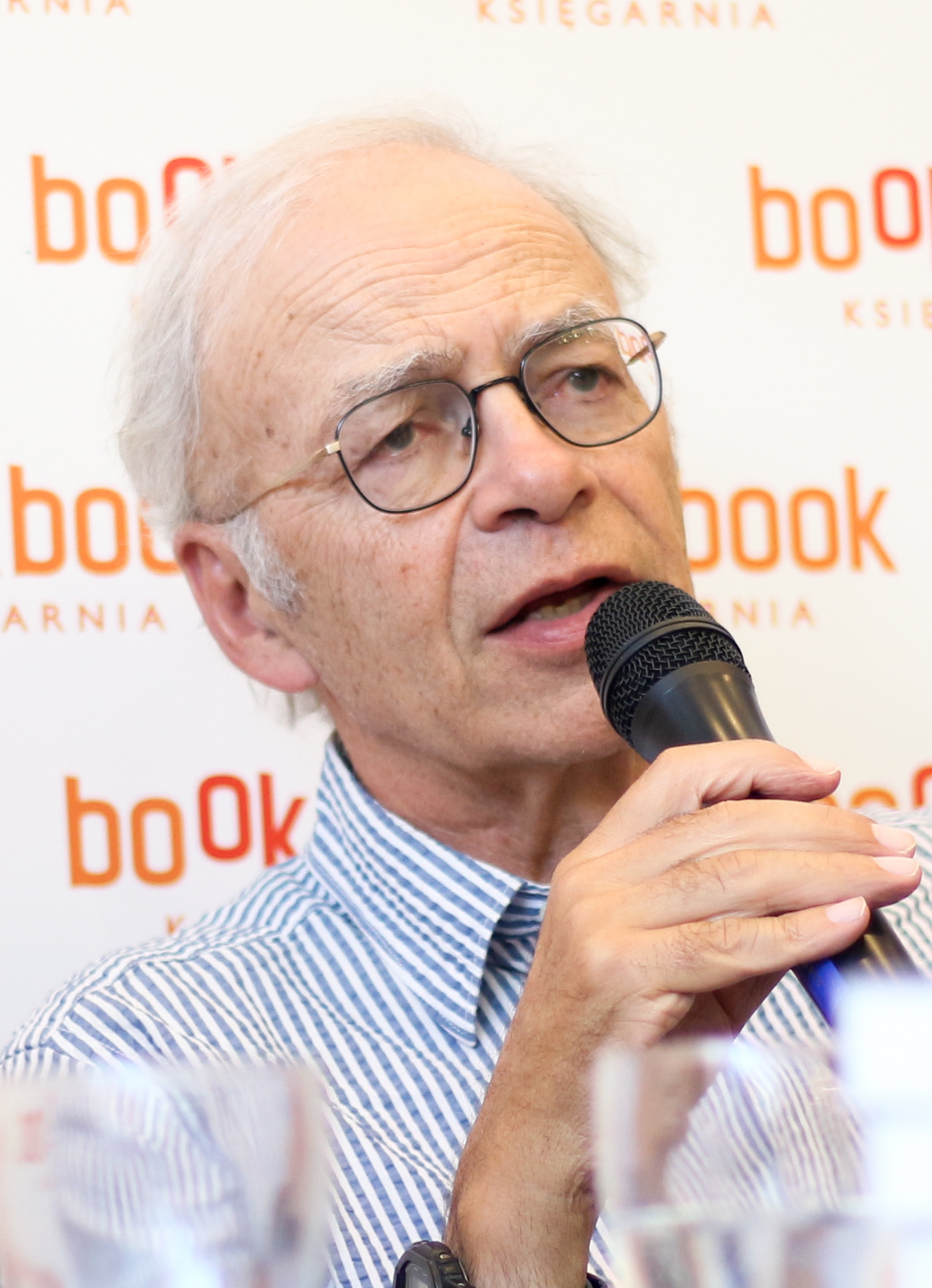
5 Living Philosophers To Know
Most people are familiar with the philosophers of ancient times, such as Plato and Aristotle. These are the philosophers usually talked about in an introduction to philosophy class. However, philosophy didn't end after this time period, and new ideas are still being developed today. As the times change, philosophers have different ideas to share. Noam Chomsky is a philosopher who comments on everything from debates between rationalism and empiricism to developmental psychology. Peter Singer is a modern-day philosopher known for his take on utilitarian morals. These are only a couple of today's philosophers. Here, we will go over some of today's most influential philosophers who are still alive and discussing interesting ideas.
Noam Chomsky

Noam Chomsky is a highly regarded contemporary philosopher whose interest in philosophy dates back to his childhood. He attended an experimental self-directed learning elementary school that encouraged him to pursue his own interests. At the age of 13, Chomsky traveled alone to New York City, where he discovered new books and connected with the working-class Jewish intellectual community. These early experiences nurtured his belief that everyone has the capacity to understand political issues and make their own decisions. Chomsky contends that people derive satisfaction from acting freely and creatively.
One of Chomsky's fundamental political beliefs is that if an authority cannot provide a strong rational justification, it is illegitimate. This idea has influenced his perspective on anarcho-syndicalism, an anarchist ideology advocating for workers to control the means of production rather than the state.
Even though Chomsky had a long-standing interest in politics, he did not become publicly involved until the Vietnam War in 1964. He spoke out against the war during protests, arguing that it was just one example of how the United States used its military power to exert control over larger areas of the developing world.
In addition to his political activism, Chomsky is well-known for his contributions to cognitive science and linguistics. He believes that human linguistic creativity involves various mental faculties, requiring a system of mental organization. Within this system, there are several innate "modules," with language being one of them. Each module operates automatically, but distinct rules govern how these modules interact with one another. The interactions between these modules give rise to perception, thought, and other cognitive functions.
Today, Chomsky remains a socially critical and influential public intellectual. He has written extensively on topics in linguistics, cognitive science, politics, and history. Some of his most notable works include *The Logical Structure of Linguistic Theory*, *Hegemony or Survival*, *Understanding Power*, and *Profit Over People*.
Martha Nussbaum

Martha Nussbaum is a contemporary American philosopher and legal scholar known for her extensive body of work. She currently holds the position of Ernst Freund Distinguished Service Professor of Law and Ethics at the University of Chicago. Nussbaum hails from a family with a shared interest in law and philosophy; her father, George Craven, was an attorney.
Early in her career, Nussbaum attended Wellesley College but dropped out after two years to pursue a career in theater. Eventually, she resumed her studies and earned her master’s and doctorate in philosophy from Harvard University.
Her philosophical work encompasses a wide range of subjects, including ancient Greek and Roman philosophy, the philosophy of law, moral psychology, ethics, feminism, political philosophy, and aesthetics. Over the years, her contributions have been significant in debates surrounding human rights, fostering important discussions with her diverse philosophical ideas.
Nussbaum is also known for developing the Capability Approach, which served as the inspiration for the United Nations Human Development Index. This approach emphasizes human welfare by focusing on individuals’ rights to live a life they value and their capabilities to achieve that life. Nussbaum articulated that in order for someone to reach their highest potential, certain opportunities must be made available to them. She co-developed this concept alongside philosopher Amartya Sen.
Alasdair Macintyre

Alasdair MacIntyre is a Scottish-born philosopher known for his contributions to moral philosophy. He earned his bachelor's degree from the University of London and later pursued graduate studies at Manchester University and the University of Oxford. His academic journey led him to teach at several universities in both Britain and the United States, including Oxford. In 2010, MacIntyre retired from teaching, but his ideas continue to influence the field through his published works.
MacIntyre's most well-known book is "After Virtue," which played a significant role in the resurgence of Virtue Ethics. In his philosophical approach, he uniquely emphasizes the importance of history in philosophical theorizing, distinguishing himself from other philosophers who often adopt a more analytic style that prioritizes rationality.
Throughout his career, MacIntyre's thinking evolved from a Marxist perspective to one informed by Catholicism and Neo-Aristotelian insights. One of his earliest works, "Marxism: An Interpretation," was published when he was just 24 years old. However, he became increasingly critical of the moral issues associated with Marxist regimes. In his early essay "Notes from the Moral Wilderness," MacIntyre explores these ideas more deeply.
Cornel West

Cornel West is a prominent modern philosopher whose passion for ideas and philosophy began in his childhood. He grew up in a working-class African-American neighborhood in Sacramento, California. During his youth, West attended services at a local Baptist church, where he heard impactful stories from parishioners whose grandparents had been enslaved. These accounts of struggle deeply moved him. Nearby, the offices of the Black Panther Party also influenced West, introducing him to the significance of political activism at the local level and familiarizing him with the ideas of Karl Marx.
West continued his studies in philosophy at school and went on to Princeton University for graduate studies in the field. In 1980, he became the first African American to earn a Ph.D. in philosophy from Princeton. After obtaining his doctorate, West began a career teaching philosophy, religion, and African American studies at various institutions, including Yale, Princeton, and Harvard.
Over the years, West has written 20 books focusing on politics, religion, race, and ethics. A few of his most popular books include The American Evasion of Philosophy: A Genealogy of Pragmatism, Beyond Eurocentrism and Multiculturalism and Democracy Matters: Winning the Fight Against Imperialism. One of West's most well-known philosophies is pragmatism. He pioneered the school of neo-pragmatism, focusing on race and class in America. He calls the United States a "racist, patriarchal" nation because white supremacy continues to define everyday life. Today, West continues his teaching and is the Dietrich Bonhoeffer Chair at Union Theological Seminary in New York City.
Peter Singer

Born in Melbourne, Australia, Peter Singer is one of the most famous living philosophers of today. Singer's parents were Austrian Jews who immigrated to Australia from Vienna after Austria's annexation in 1938. While his family's background was Jewish, Singer is an atheist, and growing up, his parents didn't celebrate Jewish holidays.
Singer went to the University of Melbourne and the University of Oxford. He decided to major in philosophy after having an interesting conversation with his sister's boyfriend at the time. His master's degree for a thesis called Why Should I Be Moral? Morality was the focus of much of his philosophy.
Singer wrote the book Animal Liberation in 1975. The book makes the case for vegetarianism. It expands on the utilitarian idea of "The greatest good of the greatest number" by applying the principle to animals. Singer argues there is no reason not to apply this concept to animals. He believes the boundary separating humans and other animals is arbitrary.
Other books Singer wrote include Practical Ethics, The Expanding Circle, Marx, Hegel, and How are We to Live? Rethinking Life and Death, and A Darwinian Left. One of Singers' more recent books is The Life You Can Safe. The book explains how the utilitarianism philosophy says people should be practicing altruism right now. Singer created an organization from this idea called The Life You Can Save. The organization makes suggestions on what charities to donate to based on a charity evaluator. Singer also cofounded the organization Animals of Australia.
Over the course of his career, Singers' work has gained wide public recognition. Twice, Singer served as chair of the philosophy department at Monash University. There, he founded the Centre for Human Bioethics. In 2004, the Council of Australian Humanist Societies also recognized Singer as the Australian Humanist of the Year. Today, Singer is the Ira W. DeCamp Professor of Bioethics at Princeton University.
Why Learn About Today's Philosophers
While it is great to learn about philosophers of the past and important for understanding philosophy, the importance of learning about modern philosophers is often underrated. Modern philosophers talk about the problems of today. They make social criticisms of our current societal situations. For example, Noam Chomsky has been an important social critic, at times criticizing government actions. Similarly, Peter Singer's philosophy makes us question our current situation and treatment of animals. He urges people to be vegetarian and to donate more to those in need. Learning about these modern philosophers applies philosophical concepts directly to our own lives. Philosophers have always shared their thoughts and critiques of society. Being aware of the ones today makes us more reflective on our current society and ourselves.











